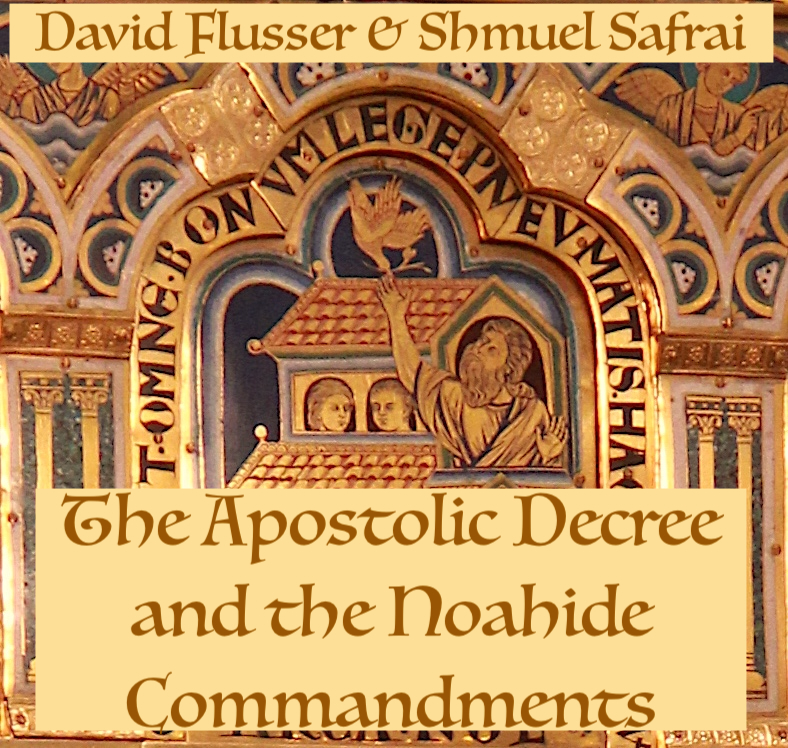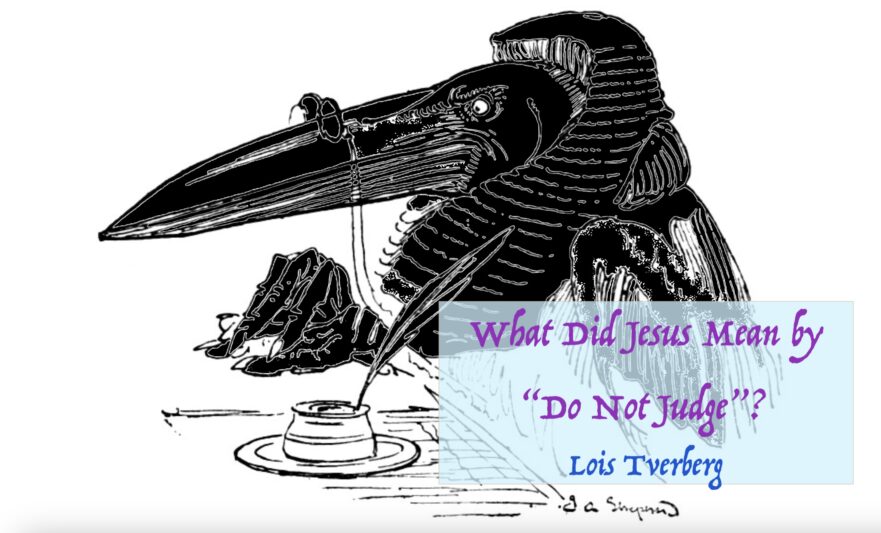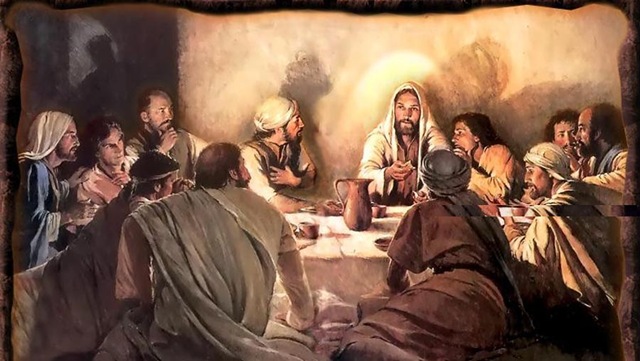Translated by Halvor RonningThe translator would like to thank Horst Krüger, Christina Krüger, and especially Dr. Guido Baltes, for their invaluable assistance in preparing this translation.
The Jewish Cultural Nature of Galilee in the First Century
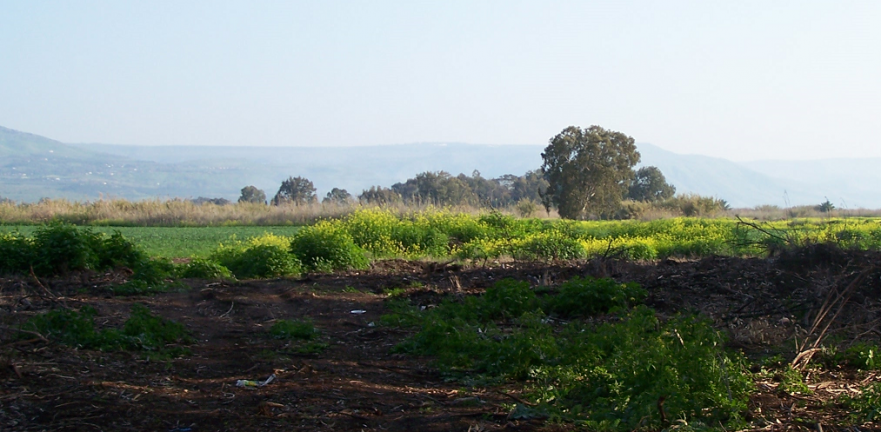
There is a great deal of literature describing the Jewish cultural nature of Galilee in the first century C.E. Several scholarly fields are involved.
Let Him Who Is Without Sin…
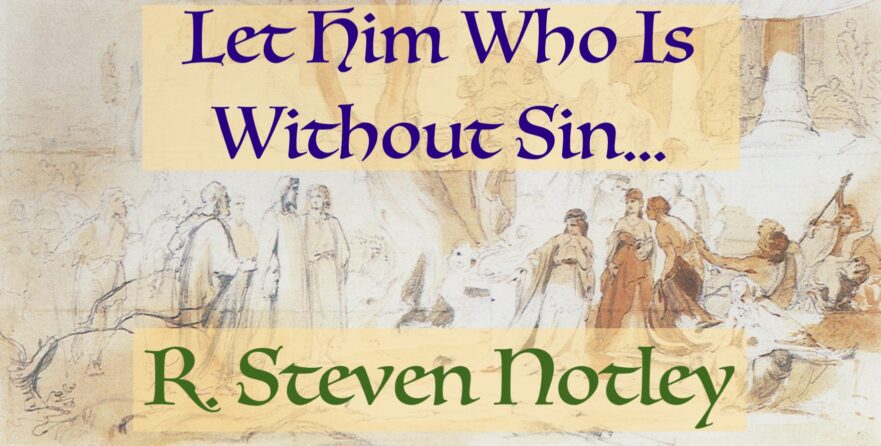
— wp:paragraph –>
The same sentiment is heard in Jesus’ model prayer that he gave to his disciples: “Forgive us our sins as we forgive those who sin against us” (Matt. 6:12).
Mary and Martha: The Rest of the Story
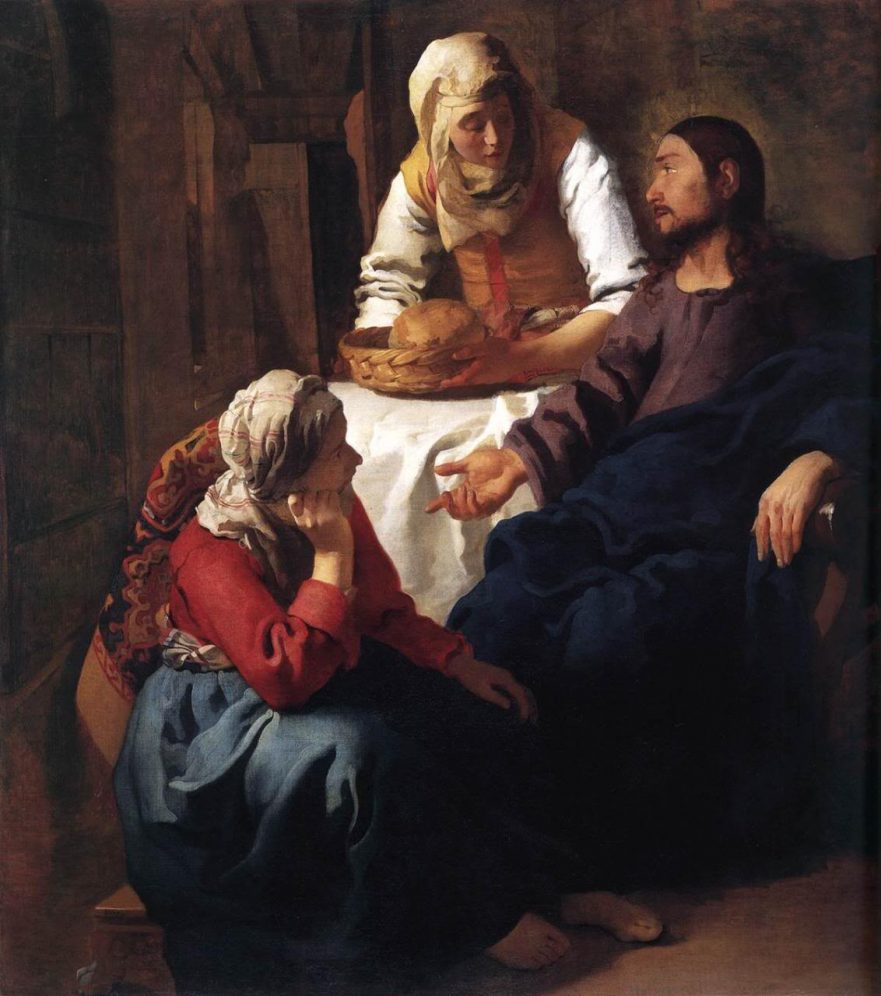
— wp:paragraph –>
One of the “longer” gospel stories that Lindsey has suggested is composed of four passages: Luke 10:38-42; Matthew 6:25-34 (= Luke 12:22-31); Luke 12:16-20; and Luke 16:19-31…. “Worry” ties together the first two fragments, the incident from Luke 10:38-42 and the teaching from Matthew 6:25-34 (=

